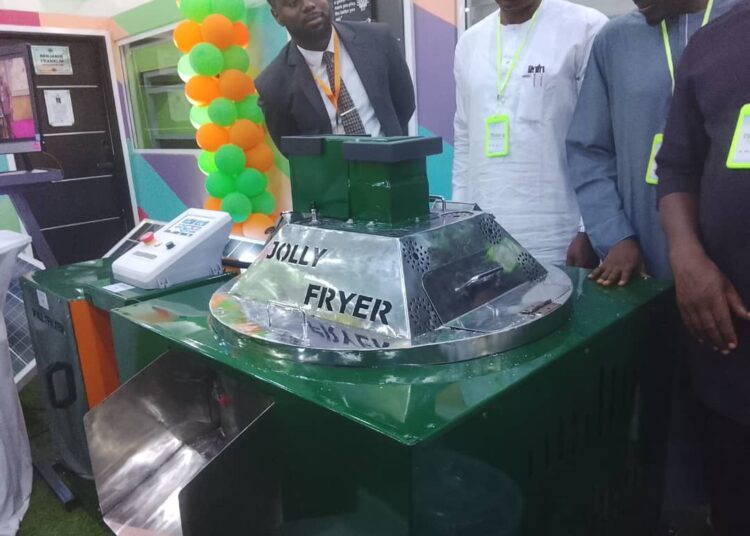
Nigerian researchers have showcased a range of market-ready prototypes and innovative inventions aimed at addressing key national challenges and boosting the country’s technological and economic development. The exhibition, which took place during a recent science and technology fair organized by the National Office for Technology Acquisition and Promotion (NOTAP), featured innovations from research institutions, universities, and independent inventors across Nigeria.
The goal of the event was to bridge the gap between research output and commercialization by providing a platform for inventors to present viable, scalable solutions to both local and global problems. Among the notable prototypes were eco-friendly power solutions, agricultural mechanization tools, medical devices, and software applications tailored to Nigerian needs.
One of the standout inventions was a solar-powered irrigation system designed to support small-scale farmers in rural areas, enhancing food security and promoting sustainable agriculture. Researchers also presented affordable diagnostic medical devices, including non-invasive blood pressure monitors and locally developed ventilators, aimed at strengthening Nigeria’s healthcare system.
Additionally, several digital solutions were highlighted, such as educational software for remote learning and mobile apps to streamline market access for local entrepreneurs. These tech-driven products were developed with a focus on cost-effectiveness and adaptability to Nigeria’s socio-economic environment.
The event attracted stakeholders from various sectors, including government agencies, private investors, academia, and industry players, all keen to explore partnership opportunities. The Minister of Innovation, Science and Technology emphasized the government’s commitment to supporting indigenous innovations through funding, intellectual property protection, and favorable policies that encourage research commercialization.
Experts at the event lauded the quality of the prototypes and stressed the importance of collaboration between researchers, industry, and government to move these products from the lab to the market. They also highlighted the need for sustained investment in research and development, improved infrastructure, and stronger industry-academia linkages.
The presentation of these market-ready inventions signals a positive shift in Nigeria’s innovation ecosystem. It demonstrates the potential of homegrown solutions to drive socio-economic transformation and reduce dependence on imported technologies. With the right support mechanisms in place, many of these prototypes could evolve into commercially successful products, create jobs, and contribute significantly to Nigeria’s industrial growth and global competitiveness.
Leave a Reply